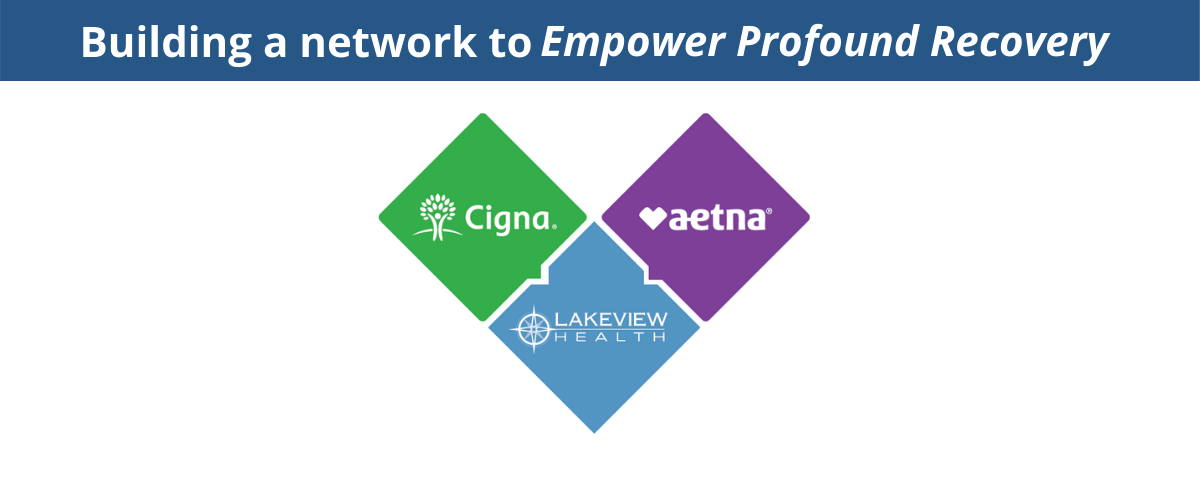

By: Michael Rass
Photo: Don Dearing / CC BY-SA 2.0
The number of children being removed from their homes in Northern Florida’s Duval County due to the drug addiction of their parents is increasing at an alarming rate. Lee Kaywork of Family Support Services told News4jax.com in May that drug addiction used to be the cause of 40 percent of child removals. It is now the cause in 70 percent of cases. The top three factors for removal are currently drugs, domestic violence, and mental health. It is a no-win situation for the children. Removing them from their parents will severely traumatize them, but leaving them in the care of parents in active addiction is clearly not acceptable. “There is nothing more traumatic for a child than removing their parent. Nothing,” Kaywork said. It is tragic that the authorities are removing the children to keep them safe because leaving them with parents who are unable to care for them is a situation considered even worse than removing them.
Creating the Next Generation of Addicts
Traumatizing the children of people with substance use disorder is highly problematic for several reasons. Trauma and addiction are strongly correlated. Addiction professional Gabor Maté told The Fix that “in all cases of addiction that I have seen, there’s deep pain that comes out of trauma. The addiction is the person’s unconscious attempt to escape from pain.” Trauma is so prevalent among people with addiction that trauma therapy has become a crucial part of addiction treatment. At Lakeview Health, all staff have been trained in trauma-informed care. A second significant factor is the strong genetic component of addiction. According to the National Council on Alcoholism and Drug Dependence, “genetics make up 50 percent of the risk for alcohol and drug dependence.” Recent estimates indicate that 11 percent of all children live in families where one or more parents misuse alcohol or drugs. Those kids will have a genetic predisposition and are exposed to severe environmental stress. Some witness their parents overdosing in their presence. Separating children from their parents under these circumstances amounts to further traumatizing children with genetic risk factors who have already been traumatized by the substance use of their parents. Trauma and genetics are powerful predictors of addiction. In Hooked, a short guide to the mechanics of addiction, Arwen Podesta, M.D., offers this simple formula: Biology (genetics and epigenetics) + Stress (especially trauma) + Drug (availability) = Risk of Addiction. Putting such children in foster care can only be the first step. Families ravaged by addiction need to have better access to treatment; otherwise the probability of recovery will continue to be low. As in many other places around the United States, drug overdose deaths are on the rise in Jacksonville. According to local First Coast News, close to 500 people died from drug overdoses in Duval County last year. In 2015, 201 people died. “On average, the Jacksonville Fire Rescue Department responds to a patient who has overdosed every two hours.” In May, Florida Governor Rick Scott declared a public health emergency. “I know firsthand how heartbreaking substance abuse can be to a family because it impacted my own family growing up,” Scott said. “Families across our nation are fighting the opioid epidemic, and Florida is going to do everything possible to help our communities.”





